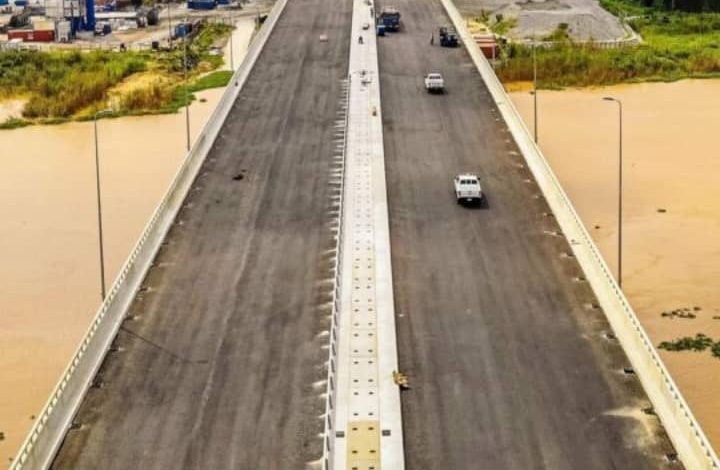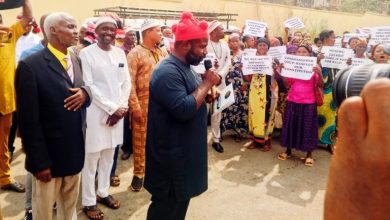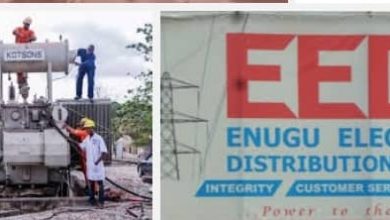
Tony Okafor
The Minister of Works and Housing, Babatunde Fashola has said that the sit-at-home order by the Indigenous People Of Biafra (IPOB) has contributed greatly to the seeming delay in the completion of the Second Niger Bridge project.
Speaking in an interview with Channels Television on Wednesday, Fashola disclosed that construction workers have not been able to work on the project on Mondays for over 2 years.
He also said that other challenges like relocating transmission lines connecting the East to the West across the Niger River have also contributed to the delay.
“These dates keep shifting and people must remember that on the eastern side, our contractors have not been able to work on Mondays for almost two years and that has affected the completion date.”
Federal Government had last week ordered the opening of the Second Niger Bridge for use starting from midnight on Thursday.
Fashola, who took a walk around the bridge during the inspection, advised road users plying the bridge to drive safely and responsibly in order not to defeat the purpose of its construction.
The minister pointed out that the President, Major General Muhammadu Buhari (retd.), completed the bridge to save lives and alleviate poverty occasioned by the waste of man-hours resulting from gridlock on the old first Niger Bridge.
He said, “A lot of people have talked about a solution, but the President Muhammadu Buhari administration decided to build the bridge, whatever it took.
“The result is now what we see when people are talking about poverty; the biggest part of it is not monetary poverty; it is multidimensional poverty.
“Spending two to three days trying to cross a bridge is poverty. This should take just a few minutes so you can go and do more productive things.
“The President approved that since the bridge is finished, we should create an access road; so that during Christmas you can begin to experience what it would feel like to ply the bridge.”
Speaking on the need for motorists to obey the speed limit rule, the minister added, “The maximum speed limit on Nigerian roads is 100 km per hour. Don’t drive 101 kilometres per hour. The President will be happy to see users drive safely and responsibly while using this road, especially during the Christmas and New Year seasons. “It would be open for traffic going from the west to the east from December 15, 2022, to January 15, 2023.
“Let me be clear again; we haven’t finished construction work on the bridge, but we would open it for people to use to relieve the pressure from the one bridge. On January 15, 2023, we would reverse that movement for those coming from the east to the west.”




